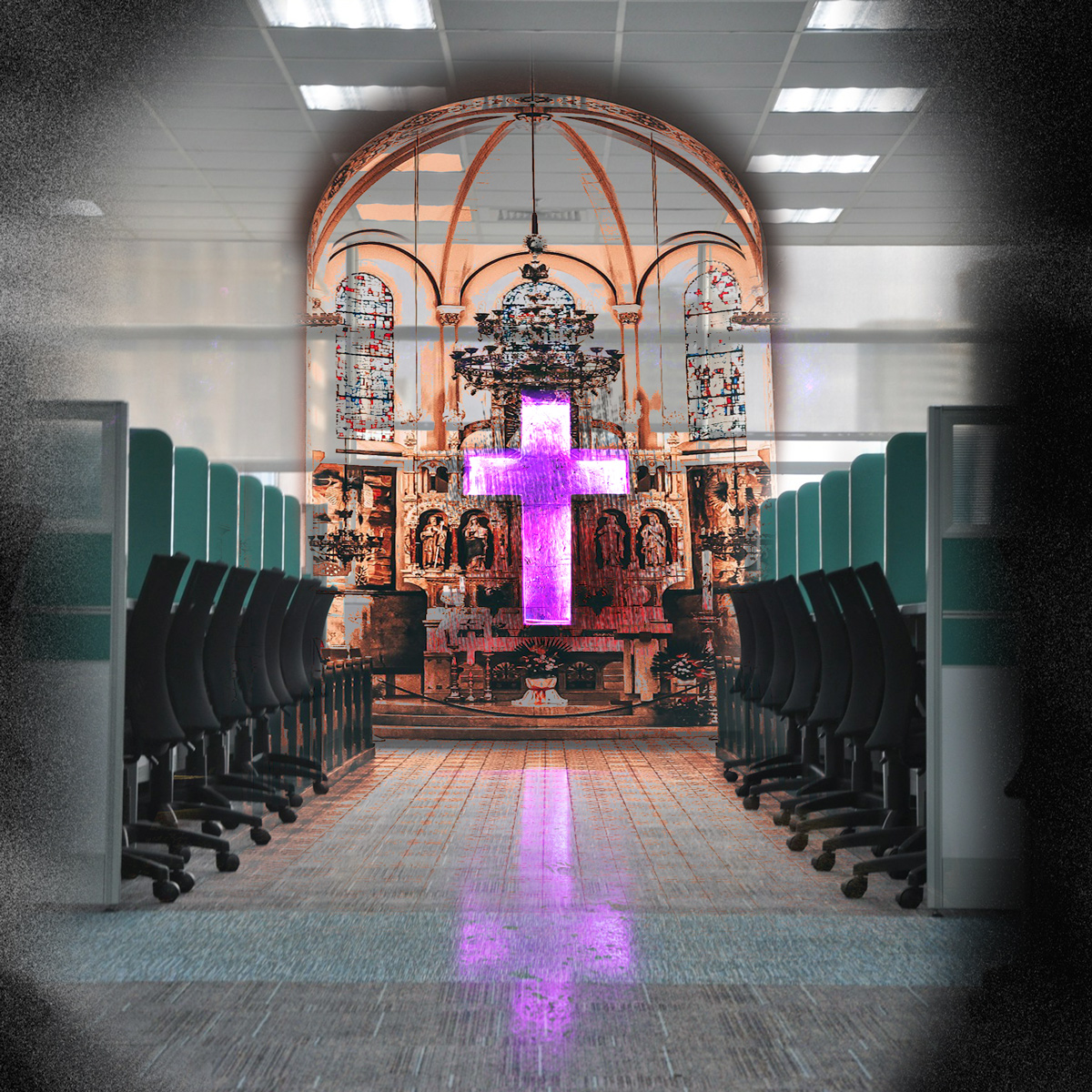Episode Summary
Micheal O'Siadhail reflects on his latest collection of poetry, Testament. A confession of faith through Psalms refracted through his experience, and the Gospel story retold through rhyme, O'Siadhail's vibrant faith manifests as complaint, longing, grief, mourning, and doubt. With mountains and oceans of poetry written over the past 45 years, he writes on love, loss, modernity, music—all an experiment of drawing the universal down into the particular and right back up again. From Psalm 1, his opening verses, he writes, "Uncloseted, / Things once unsaid my life declares: / My words are prayers my being plays; / Through you I gaze at all I love."
Episode Notes
Micheal O'Siadhail reflects on his latest collection of poetry, Testament. A confession of faith through Psalms refracted through his experience, and the Gospel story retold through rhyme, O'Siadhail's vibrant faith manifests as complaint, longing, grief, mourning, and doubt. With mountains and oceans of poetry written over the past 45 years, he writes on love, loss, modernity, music—all an experiment of drawing the universal down into the particular and right back up again. From Psalm 1, his opening verses, he writes, "Uncloseted, / Things once unsaid my life declares: / My words are prayers my being plays; / Through you I gaze at all I love."
This episode was made possible in part by the generous support of the Tyndale House Foundation. For more information, visit tyndale.foundation.
Show Notes
- Click here to get your copy of Micheal O'Siadhail's Testament (link)
- Listen to Micheal O'Siadhail and David Ford in Episode 75: "Life Riffs: Improvisation in Poetry, Theology, and Flourishing" (link)
- Religion versus spirituality
- Micheal’s spiritual background
- Psalm 1—”through you I gaze at all I love”
- Time and temporality, finitude and mortality
- John Donne—from sensual love poetry to devotional poetry
- “This God remains on scene.”
- Psalm 46—”all my life depends on friends … You are coring me, hollowing me out to love you more.”
- Dependency in social and spiritual dimensions
- Carapace = a shell, something to hide in
- Individualism and independence: “We are ourselves only in relation to others.”
- The “black hole of the self”
- Hollowing out - “cored out by suffering”
- Psalm 80: “You, not I, stretched out the sky”
- Mourning and grieving loved-ones lost
- Complaining, groaning, doubting—but alongside belief that God is there.
- “Most only groan to those they love.”
- Psalm 80: “Why does your night thief keep ambushing me?
- The tandem psychology of compliant and dependence—and the acceptance of both.
- “Madam Jazz” in Micheal O’Siadhail’s poetry—wild, unpredictable, improvisational nature of God
- The history of jazz and the God of surprises, riffing on creation.
- David Ford and The Gospel of John
- The environmental message of Testament
- Psalm 124: “I cry for us in my intensity.”
- T.S. Eliot: “Old men ought to be explorers”
- “Distracted by distraction from distraction” (T.S. Eliot, from “Burnt Norton”)
- Poetry and universal down to particular
- Hebrew morning prayer
- The connection between Psalter and Gospel in Testament
- Going from mystical poetry to particular incarnation
- “Letting the story tell itself.”
- “I” disappears in Gospel.
- Two thieves
- Legacy
- “Years to leave love’s legacy behind”
- Tetelestai—finishing one’s calling
About Micheal O'Siadhail
Micheal O'Siadhail is a poet. His Collected Poems was published in 2013, One Crimson Thread in 2015 and The Five Quintets in 2018, which received Conference on Christianity and Literature Book of the Year 2018 and an Eric Hoffer Award in 2020. He holds honorary doctorates from the universities of Manitoba and Aberdeen. He lives in New York.
Production Notes
- This podcast featured poet Micheal O’Siadhail
- Edited and Produced by Evan Rosa
- Hosted by Evan Rosa
- Production Assistance by Macie Bridge, Logan Ledman, and Kaylen Yun
- A Production of the Yale Center for Faith & Culture at Yale Divinity School https://faith.yale.edu/about
- Support For the Life of the World podcast by giving to the Yale Center for Faith & Culture: https://faith.yale.edu/give
- This episode was made possible in part by the generous support of the Tyndale House Foundation. For more information, visit tyndale.foundation.
Transcript
show less



















